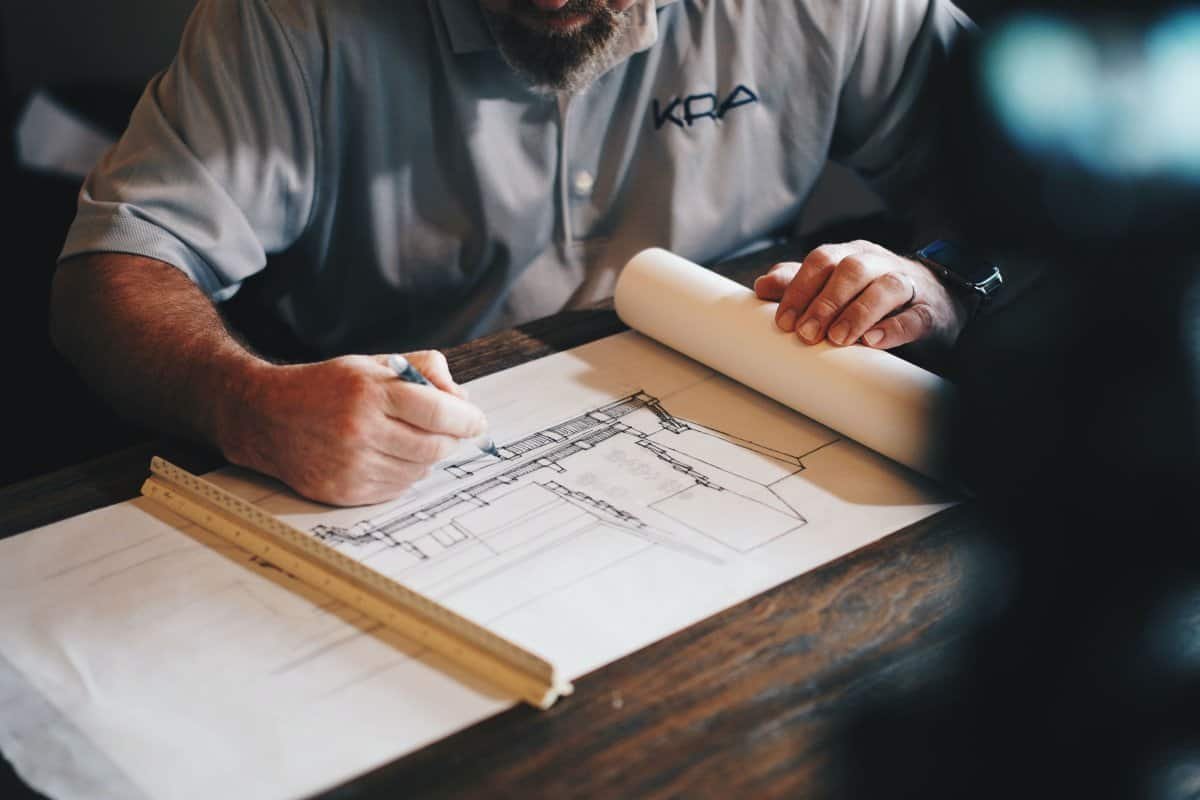Soft Skills For Construction Professionals

The construction industry is booming; it is one segment of the economy that will continue to experience growth in 2021/22. In fact, the industry is expected to be among the fastest growing segments over the next 18 months, according to the Bureau of Labor Statistics.
The demand for skilled labor is at an all-time high, making those who possess the know-how that much more marketable. Recent surveys show most contractors report difficulty finding qualified craft workers as more and more Baby Boomers exit the workforce. The construction industry needs to look at the Millennials and Generation Z to fill the gap but, in doing so, needs to work on changing its reputation to become a more attractive career option for younger generations. Let’s face it: the unusual hours, unsafe working environment and sometimes low compensation are unattractive.
In the construction industry, ‘hard skills’ primarily refer to knowledge of and the ability to apply construction methods and techniques and the ability to perform cost estimation techniques such as preparation of tenders.
‘Soft skills’ include abilities that can be broadly categorised as personal attributes (self-management skills, emotional intelligence, stress management skills, workplace ethics and workplace professionalism); interpersonal skills (communication skills, collaboration skills, workplace diversity skills, cultural knowledge and social intelligence); and problem-solving and decision-making skills.
The need for soft skills is becoming increasingly important as educators and hiring managers realize the importance of tangible, real-world skills in any workplace. Employability and communication skills have long been a part of the National Center for Construction Education and Research’s Core Curriculum, and the organization recently produced a series of blog posts about the need for soft skills in the industry.

The construction workforce’s possession of soft skills is what produces remarkable builds. The highly skilled and trained individuals in the construction industry are not only responsible for a build itself but also for maintaining a build environment that is safe and efficient. This is where soft skills come in.
Communication is an essential skill for just about any job, but it’s particularly important in construction because of the intricate nature of building projects. While verbal communication is vital, nonverbal communication is also very important.
In some construction roles, nonverbal communication can make the difference between a successful crane lift and a serious accident. Individuals in these positions have to make sure their decisions and methods of communication keep everyone safe. Being observant, working as a team, and following directions are also essential.
Critical thinking and problem-solving skills are also incredibly important in the construction industry. With the number of subcontractors and craft professionals involved in a single project, the ability for individuals to envision the project as a whole and make adjustments to their work as needed is critical to the overall schedule and budget.
Conflict management or the ability to react to and find quick solutions for problems and issues is another key soft skill. Projects will not always run smoothly and knowing how to innovate and make the right decision can mean the difference between an unsafe and safe work environment.
Creating Win/Win StrategiesPeople respond to conflict in a variety of ways. Many will respond by denying and resisting that the conflict exists. This often creates a big elephant in the room; and while the people involved continue in silence, the anger and resentment build. Sooner or later this situation leads to personal stress that can ultimately affect our overall wellbeing and lead to potential illness and physical and emotional distress which impacts our quality of work and productivity. As disagreements are left to fester and grow the probability of future, more intense disagreements increases. Problems continue and the elephant gets bigger and bigger until, one day, it finally explodes.
Some people rely on power and authority to resolve their issues. Some threaten and punish subordinates or rant and rave, wielding, alleged authority.
Other soft skills that are highly desirable in construction jobs and, depending on the specific job, essential to success include:
- Negotiation
- Emotional intelligence
- Handing difficult people
- Delivering constructive criticism
- Working under pressure
- Motivation
- Team work
- Managing people
- Adaptability
- Resilience
- Perseverance
- Influence
- Networking
- Time management
- Organizational skills
- Active listening
- Cultural diversity Awareness
- Trust building
- Coaching

All soft skills are important in every construction position. Along with soft skills and the technical knowledge needed to perform certain job functions, the construction workforce today also needs strong technological skills or the ability and willingness to learn and embrace new technology.
All individuals should strive to be leaders, team players, and hard workers. However, job titles often lead to an assumption of skills, or those that are expected because of a position. For example, a firm owner or superintendent may be expected to exhibit stronger leadership skills than a laborer. But in reality, the workforce thrives best when everyone is leading, communicating, and striving to do their best.
A combination of soft skills and technical knowledge contribute to a well-rounded and successful workforce. Learning and enhancing soft skills will ensure a lengthy construction career and can help individuals climb through the ranks of the industry.






